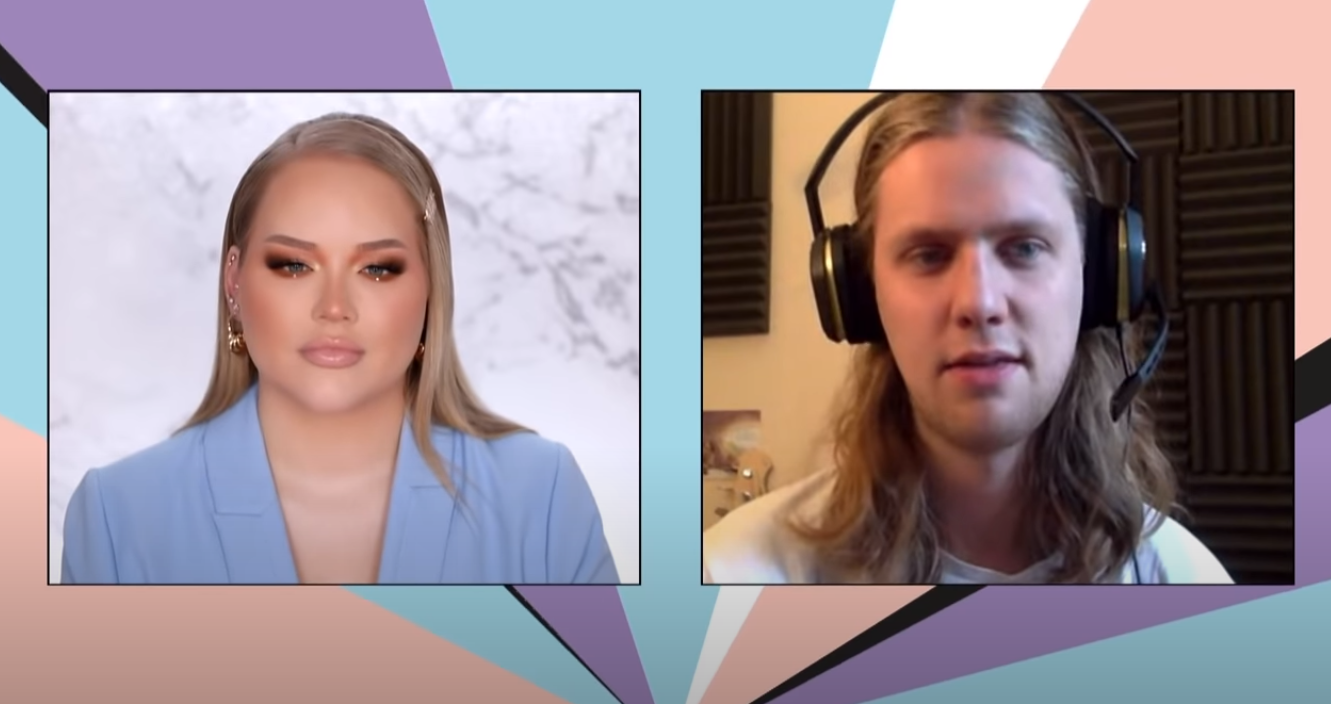In mid-March, the European Broadcasting Union (EBU) and its members announced the cancellation of the Eurovision Song Contest 2020 in Rotterdam due to the coronavirus pandemic. They also reported that recently they have been developing alternative ways of holding the event. As a result, it was decided to organize a concert instead of the show in the usual format, in which this year’s contestants would take part.
On the night of May 12-13, the Eurovision Song Celebration premiered on the official Eurovision channel on YouTube. It was attended by contestants of the first semi-final, which was scheduled for the same date.
The program was based on clips and concert numbers of participants, including the Russian group Little Big, singer Leslie Roy (Ireland), the VAL team (Belarus), Go A group (Ukraine), Zhangyu Macroy (Netherlands) and others. The show was led by Dutch actress Yanuk Kelderman.
The performances were complemented by a challenge for the artists: some participants had to sing fragments of their own compositions in other genres. Little Big performed an acoustic version of Uno, The Roop vocalist showed how the Elvis Presley style song would have sounded, and Montenegrin, an Australian participant, presented an opera reading of her number. The final version of the show included fragments of these recordings.
The performers compiled personal top 3 hits of previous years' Eurovision (fragments of songs were also included in the video), and then the organizers invited bloggers to discuss the clips and compositions of the participants. The show ended with a selection of videos in which viewers sing and dance to this year's songs.
A similar program is scheduled for May 14, the night of the second semi-final. The event will end on May 16 with a concert entitled Eurovision: Europe Shine A Light. It is assumed that in the show in a non-competitive format all the songs presented by the artists will be marked.
In addition, the participants are expected to sing Love Shine a Light together. In 1997, she brought victory to the Katrina and the Waves team, which represented the UK. Musicians who performed at the competition over the past years will also join the show.
The hosts of the project will be the Dutch artists who were previously announced as the hosts of the competition. This is singer Edsilia Rombley, who participated in Eurovision in 1998 and 2007, actress Chantal Jansen and singer, actor and showman Jan Smith.
It is already known that the show will begin at 22:00 Moscow time and will last about two hours. Viewers will be able to follow what is happening on the official Eurovision YouTube channel.
In addition, European television and radio companies that planned to cover Eurovision will join the broadcast. The show will be shown to Russian viewers by Channel One.
On the official Eurovision YouTube channel, two projects are currently running. Starting on April 3, Eurovision Home Concerts issues are published every Friday, showing how Eurovision participants sing songs at home.
The page is also regularly updated with Eurovisioncalls video call recordings. Blogger Nikki de Jager (NikkieTutorials) conducts short interviews with participants this year. When the competition was planned in the traditional format, de Jager was asked to cover the show online, to interview on the red carpet and behind the scenes.
- © Eurovision Song Contest
The idea of creating the Eurovision music contest appeared in the 1950s. The European Broadcasting Union has proposed the organization of an entertainment event that would help the cultural unification of Europe. Also, the competition was to attract the attention of viewers to the then not so popular television.
The first competition, called the Eurovision Grand Prix, was held in May 1956 in Switzerland. Since then, the competition of European musicians has been held regularly and has never been canceled - until this year.
Only seven countries took part in the first competition, each of which presented two musical numbers. Over time, new people appeared who wanted to perform at the Eurovision Song Contest, and the organizers first decided to remove representatives of states that showed the worst results in the previous year, and then divided the competition into the semifinals and finals.
Russia first took part in Eurovision in 1994. Then the singer Maria Katz went to the contest, taking ninth place. The following year, Philip Kirkorov went to Eurovision (he was awarded 17th place). Also among the participants from Russia in different years were Alla Pugacheva, Alsu, Mumiy Troll, Prime Minister, tATu, Dima Bilan, Serebro, Sergey Lazarev and other musicians.
The first place for all the years of participation of Russia was taken only once - in 2008, Dima Bilan won the competition with the song Believe. He represented the country two years earlier and took second place.
More often than other countries in the competition, Ireland shows the best result. She owns seven victories. In second place is Sweden. This country was also represented by one of the most famous winners of the competition in all history - the ABBA quartet with the song Waterloo.

